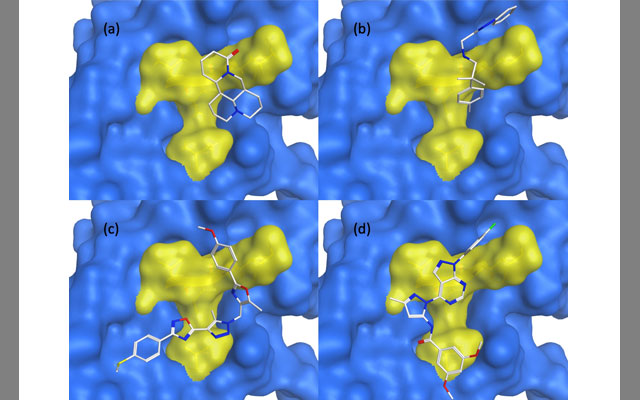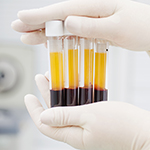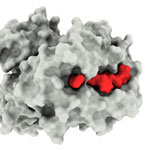Bipartisan Coalition Urges U.S.-China Cooperation to Combat COVID-19
Over 90 bipartisan, high-level former government officials and experts in the U.S.-China relationship released a joint statement today urging cooperation between the United States and China in a much-needed effort to combat the COVID-19 global health crisis.















